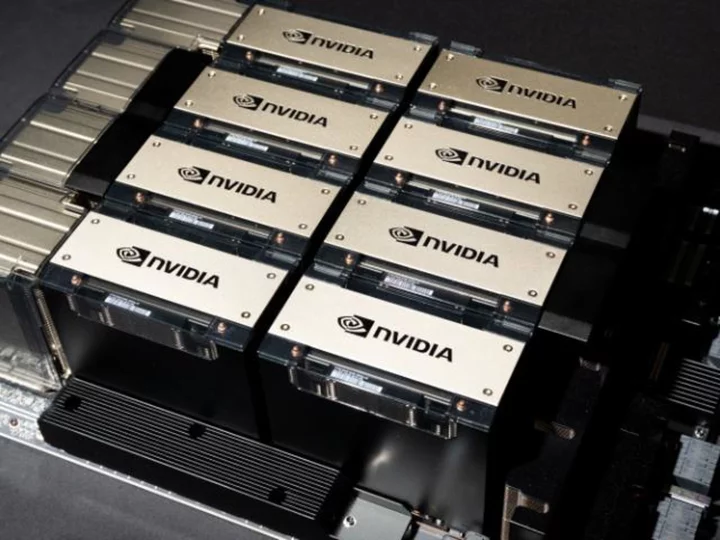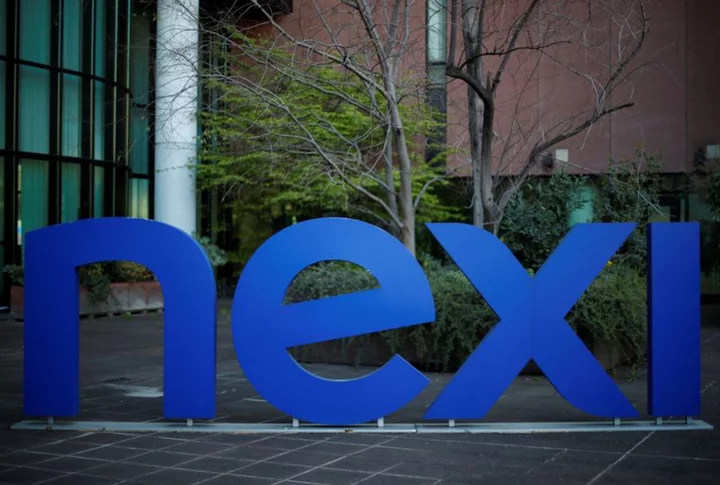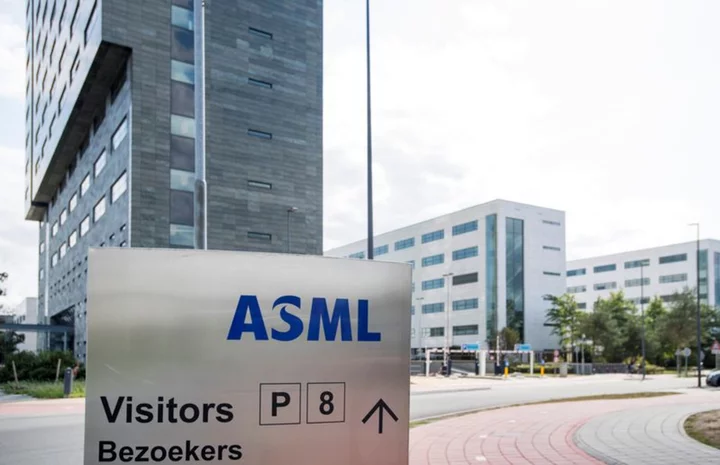
Hitting 'snooze' on your alarm might actually be good for you, scientists say
If you’re one of the many people who loves sleep and finds it a huge struggle to get up in the mornings, we’ve got some news that might just make you feel a little better. As it turns out, scientists have released a new study which suggests that hitting snooze on your alarm may actually be good for you. A new study has claimed that the extra sleep brought by snoozing an extra half hour in the mornings could help to improve cognitive performance. The research published in the Journal of Sleep Research surveyed more than 1,700 adults from across the world and looked into their morning habits. According to the study, a total of 69 per cent of those involved admitted they snoozed their alarms at least some of the time. Then, 31 of these people were tested and the researchers found that snoozing their alarms improved some of their scores following cognitive examinations. The tests they were subjected to involved things like memory tests and basic maths questions. Compared to not snoozing for 30 minutes, when the people did snooze they either improved their scores in the tests or their performance was not affected. "Snoozing for 30 minutes in the morning does not have any major negative effects on the sleep that night or how tired one feels when waking up," said Tina Sundelin [via Live Science], who is the lead study author and psychologist at Stockholm University in Sweden. "For those who are drowsy in the morning, such as evening people, and find that snoozing helps them wake up, the study shows that they may actually be more objectively alert [meaning that they performed better on the cognitive tests] after snoozing — even if they don't feel more or less sleepy.” It comes after a sleep expert revealed the worst common sleeping position for people which could be bad for our health. Sign up for our free Indy100 weekly newsletter Have your say in our news democracy. Click the upvote icon at the top of the page to help raise this article through the indy100 rankings
2023-10-18 18:27

Lawmakers urge White House to crackdown on Hamas use of crypto after Israel attack
By Hannah Lang A bipartisan group of lawmakers is urging the Biden administration to swiftly crack down on
2023-10-18 17:57

Experts unravel mystery of the Pokémon episode that hospitalised hundreds of kids
Pokémon’s TV series has been delighting animé lovers for more than 26 years, and yet, there’s one episode that even the most diehard of fans may well have missed. The installment, titled Dennō Senshi Porygon (which roughly translates as "Computer Warrior Porygon”) aired in Japan on December 16, 1997. And, after that single, fateful outing, it was never to grace television screens again. The reason for the ban? Reports of a strange health outbreak among children which was linked to a specific scene. The episode follows Ash Ketchum, Pikachu and their pals as they investigate a faulty Poké Ball transfer machine by getting inside it. Once there, the team come under attack, but are saved when Pikachu unleashes one of his high-octane electric outbursts – represented by a barrage of red and blue strobe lights. And that’s where the trouble began. According to scientific paranormal investigator Benjamin Radford and sociologist Robert Bartholomew, who dedicated a study to the event: "At 6:51 PM, the flashing lights of Pikachu's 'attack' appeared on television screens. “By 7:30 PM, according to Japan's Fire-Defense Agency, 618 children had been taken to hospitals complaining of various symptoms." These symptoms included convulsions, nausea and vomiting, with news of the “illness” spreading rapidly throughout the country. Inevitably, it made headlines, with several news broadcasters replaying the offending clip, “whereupon even more children fell ill and sought medical attention,” Radford and Bartholomew wrote. The following day, TV Tokyo issued an apology, suspended the show, and announced an investigation into the cause of the seizures. Meanwhile, video retailers pulled the series from their shelves, and even the then-prime minister Ryuaro Hashimoto expressed concern at the use of rays and lasers in the popular cartoon. Within two days, the number of children reported to have been affected by the flashing sequence increased to around 12,700. And yet, after four months of investigation – with input from health experts and Japanese government officials – no obvious cause could be found for the outbreak and Pokémon returned to the airwaves. Because, although the bright flashes were assumed to be the cause of the health panic, such visual techniques had been used in numerous other animé episodes before, with no reports of any problems. So what was going on here? Well, a tiny fraction of the children who reported being affected were diagnosed with photosensitive epilepsy, with experts concluding that the rapid colour changes during the scene caused them to suffer seizures. However, the bulk of “patients” reported symptoms that had no identifiable “organic” cause and were, instead, consistent with a very different type of condition… Mass hysteria. Radford and Bartholomew attribute this “epidemic hysteria”, in large part, to the mass media, which they say fuelled panic and misinformation. "Many of the children's symptoms had no identifiable organic basis; other than the verified cases of seizures, the symptoms reported were minor and short-lived; the victims were nearly exclusively school children in early adolescence; and anxiety from dramatic media reports of the first wave of illness reports was evident,” they wrote. “Media reports and publicity fuel the hysteria as news of the affliction spreads, planting the idea or concern in the community while reinforcing and validating the veracity of the illness for the initial victims,” they continued. “According to news accounts of the time, the number of children said to be affected remained around 700 the evening of the Pokémon episode and the next day. “The next morning, the episode dominated the Japanese news. Japanese children who had not heard about their peers from the news or from their parents learned of it that morning when the seizures ‘were the talk of the schoolyards’,” they continued. “Once the children had a chance to hear panicky accounts of what had happened through the mass media, their friends and their schools, the number of children reported the next day to have been initially affected – 2 days earlier – increased by 12,000.” Radford and Bartholomew ended their paper by noting that this Pokémon drama offers a warning to us all. They pointed out that our continuing reliance on mass communications, especially TV and the internet, places us at risk of more and more hysteria outbreaks. “Technological innovations are occurring at unprecedented rates and have the potential to influence significant numbers of people beyond the typical number in traditional mass hysteria episodes,” they stressed. “Epidemic hysterias that in earlier periods were self-limited by geography now have free and wide access to the globe in seconds.” Concluding on an ominous note, they added: “The Pokémon illness symptoms are without precedence, given the large numbers affected, and may be a harbinger of future technological hysterias that have the capacity to affect unprecedented numbers of people at a phenomenal speed.” Sign up for our free Indy100 weekly newsletter Have your say in our news democracy. Click the upvote icon at the top of the page to help raise this article through the indy100 rankings.
2023-10-18 17:18

US escalates tech battle by cutting China off from AI chips
The Biden administration is reducing the types of semiconductors that American companies will be able to sell to China, citing the desire to close loopholes in existing regulations announced last year.
2023-10-18 16:50

Nexi shares fail to open on bid report as CVC declines to comment
MILAN Shares in Italy's Nexi failed to start trading at open on Wednesday due to excessive gains fuelled
2023-10-18 15:51

MrBeast finds FaZe Clan's market value astoundingly low, encourages pal Rug to buy esports company
YouTuber MrBeast was astonished by FaZe Clan's unbelievably low market value of 'only' 17 million and sugggests a change in ownership
2023-10-18 15:29

ASML reports third-quarter net profit of $2 billion, sees 2024 sales flat
AMSTERDAM (Reuters) -Semiconductor equipment maker ASML Holding NV reported on Wednesday third-quarter earnings of 1.9 billion euros ($2.01 billion), in
2023-10-18 13:29

Assassin’s Creed Mirage Review
Assassin’s Creed Mirage ($59.99, available on console, mobile, and PC) sees the franchise forgo massive
2023-10-18 12:19

Foxconn, Nvidia say they are building AI factories together
TAIPEI Foxconn Chairman Liu Young-way and Nvidia Corp CEO Jensen Huang said on Wednesday their companies were building
2023-10-18 11:19

China's electric vehicle giant BYD sees Q3 net profit as much as doubling
HONG KONG (Reuters) -Chinese electric vehicle giant BYD on Tuesday said it expects third-quarter net profit to as much as
2023-10-18 10:56

Emissions Tied to Asset Owners’ Financing Activities Fall for First Time
A $9.5 trillion investor group that includes Allianz SE, Legal & General Plc and the California Public Employees’
2023-10-18 09:57

Fiji and Australia boost cyber security cooperation
SYDNEY Fiji and Australia will cooperate on cyber security, with Australia also boosting aid to its Pacific Islands
2023-10-18 09:49
